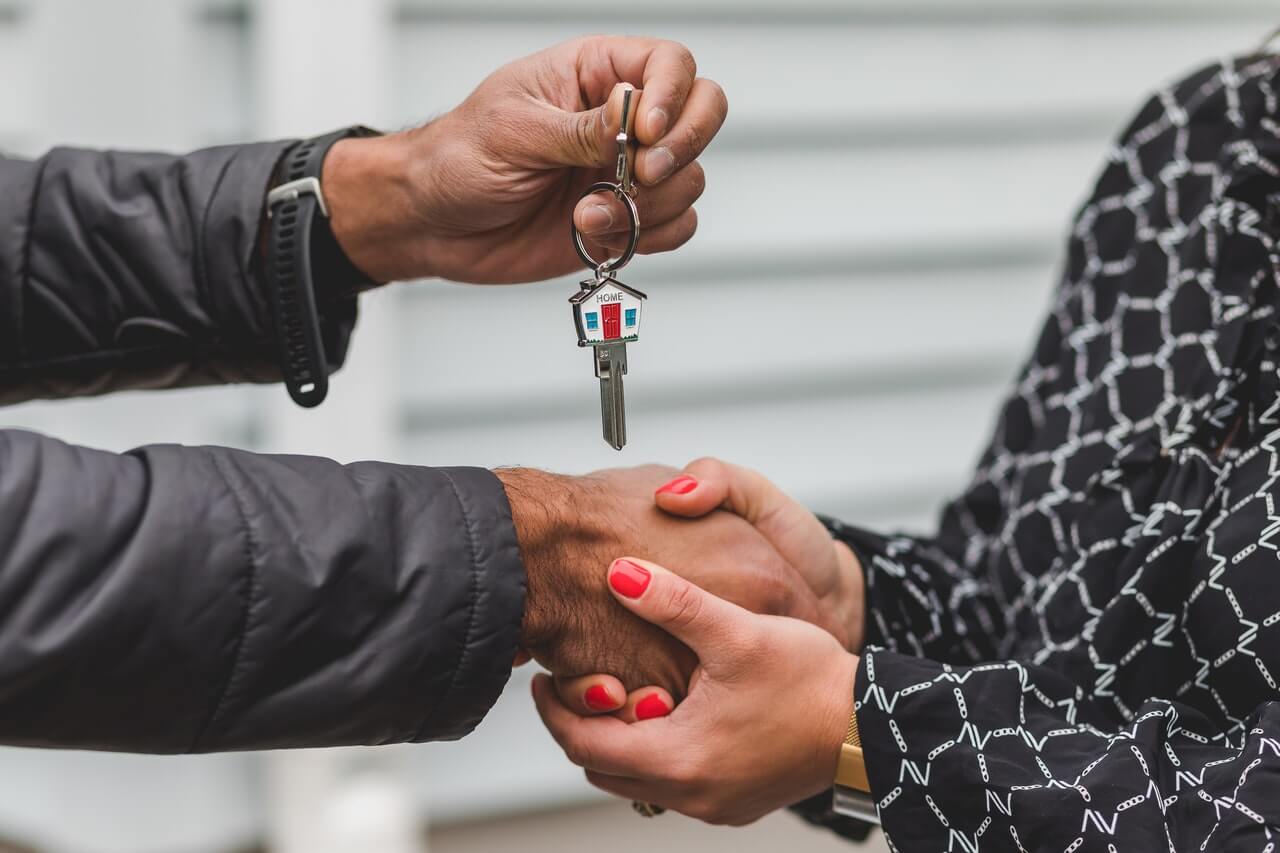If you’re looking to buy a home, you probably have questions about the process of getting a mortgage. What is a mortgage? Why do I need one? How much can I borrow? And how does it all work, anyway?
This handy guide answers all of these questions and more as it breaks down what you need to know about mortgages and why they’re such an important part of the home-buying process.
Types of Mortgages
There are many types of mortgages available to homebuyers. The most common are fixed-rate and adjustable-rate mortgages, but there are also government-backed programmes like FHA loans and VA loans. Each type of mortgage has its own set of pros and cons, so it’s important to do your research before you decide which one is right for you.
Fixed-rate mortgages offer stability because the interest rate does not change over the life of the loan.
Adjustable-rate mortgages can be more affordable in the short term because they have lower rates when first issued. However, if rates go up, monthly payments will increase as well.

Can I get a Good Mortgage with Bad Credit?
Your credit score is one of the most important factors lenders look at when considering you for a loan. The higher your score, the better your chances of getting approved for a loan with favorable terms. But what if you have bad credit?
Can you still get a good mortgage? If you know what to do, the answer is yes! It can be easier to get a good mortgage with bad credit than with excellent credit. You just need to find a lender that specialises in loans for people with less-than-perfect scores.
Also READ: Which One Is Right for You? Mortgage vs. Deed of Trust
One way to find such a lender is through an online search engine like Google or Bing – type in mortgage lenders and pick from the list that pops up. Ask family members or friends about their experiences with various lenders. They’re more likely to be open to telling you about their negative experiences.
Will getting divorced affect my mortgage application?
If you’re going through a divorce, there are a few things you should know about how it will affect your mortgage application.
- 1, If you’re selling the house, you’ll need to get an appraisal.
- 2, If you’re keeping the house, you’ll need to show that you can afford the mortgage on your own.
- 3, Your credit score may be affected by the divorce.
- 4, You may need to provide additional documentation to show that you can still afford the mortgage.
- 5, If you have joint debts, those will need to be paid off before the mortgage can be approved.
- 6, If you’re receiving alimony or child support, that income will need to be verified. Finally, the divorce itself may delay your application process by a few weeks.

When do I have to repay my home loan pre-payments?
A mortgage is a loan that helps you finance the purchase of your home. You typically have to repay your home loan over 15 to 30 years, depending on the terms of your loan.
Your monthly payments are usually made up of two parts: principal and interest. The principal is the amount you borrowed, and the interest is the cost of borrowing the money.
ALSO READ: Is Mortgage Tax Deductible? Here’s What You Need to Know.
You may be able to make pre-payments on your home loan, which can help you pay off your mortgage faster. Pre-payments are typically made in addition to your regular monthly payments. Some lenders may require you to make pre-payments equal to at least one month’s worth of payments, while others may allow you to make smaller pre-payments.
Why do lenders charge different rates based on credit score and income history?
Lenders want to be sure that you can repay your mortgage, so they charge higher rates to borrowers with lower credit scores or less income history. This is because these borrowers are more likely to default on their loans. Lenders also charge higher rates to borrowers who have been late on their mortgage payments in the past.
This is because these borrowers are also more likely to default on their loans.
For example. If you miss one payment and then make up for it, later on, lenders will usually raise your interest rate to reflect the risk of defaulting again. If this happens too many times over a year, lenders may refuse to work with you at all and foreclose on your home.
ALSO READ: How to Effectively Budget as a Business
However, if this is not something that worries you and you know that it won’t happen again, low-interest-rate mortgages exist for qualified applicants!
Mortgage rates change often – especially when there are economic ups and downs – so it pays to check periodically to see what kind of deals are available!

How do I know if an interest rate is fixed or variable?
There are two types of interest rates: fixed and variable. A fixed interest rate means that your interest rate will stay the same for the duration of your loan. A variable interest rate means that your interest rate could change over time.
Variable interest rates are usually lower than fixed interest rates, but they can go up or down, depending on the market.
To know if an interest rate is fixed or variable, you’ll need to ask your lender. They should be able to tell you whether it is fixed or variable and what range it may be within.
How does auto-debit work, and why would I want it?
Auto-debit is a feature offered by many banks and financial institutions that allows customers to automatically withdraw money from their accounts to pay bills or make other payments. This can be a helpful way to avoid late fees or missed payments, as well as keep track of your spending.
If you choose auto-debit, some banks may charge a monthly fee for the service; however, this can be waived if you maintain an average balance in your checking account above a certain amount.
When using auto-deposit features on websites like PayPal or Venmo, you agree to have an authorized third party take funds from your bank account periodically without additional consent.
The frequency of withdrawals will vary depending on the company and its policies. Note: It is not possible to create an automatic payment plan using these services. Any agreement must be agreed upon separately with the recipient of the funds at least 24 hours before it goes into effect.
What happens when I sell my home before paying off my mortgage in full?
If you sell your home before paying off your mortgage in full, you’ll need to pay off the remaining balance of your loan. You may be able to do this by getting a new loan, using savings, or selling other assets.
If you can’t pay off the remaining balance of your loan, the lender may foreclose on your home.
Foreclosure happens when the lender takes ownership of your property because you don’t have enough money to repay them.
Foreclosure not only means that you lose your home, but it also means that it becomes more difficult to get another mortgage and buy another house in the future.









